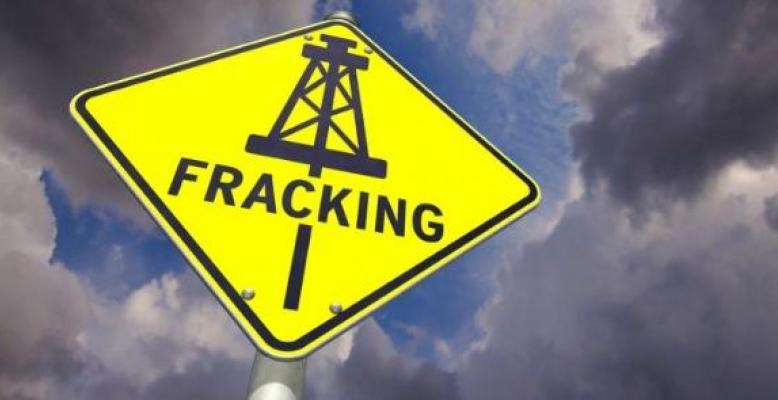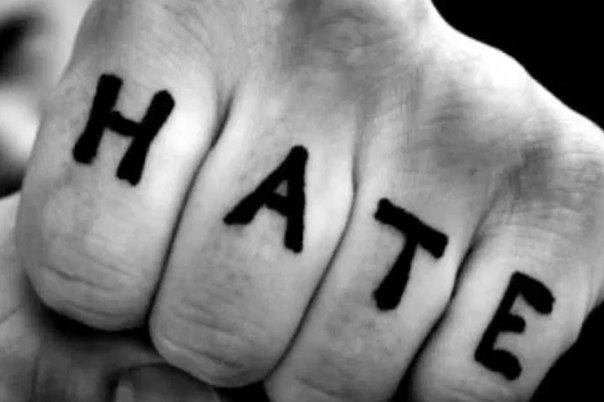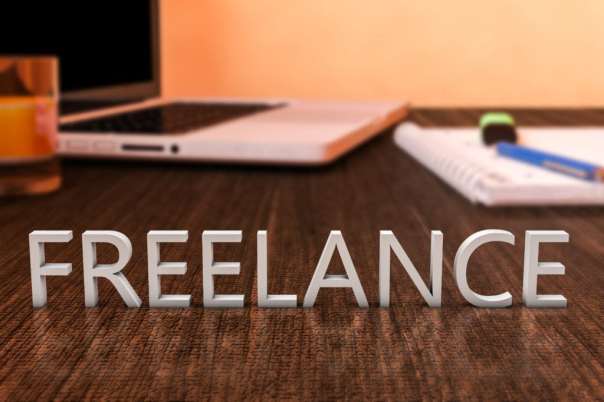
revistaenfoque.com.co image
By Casey Bukro
Ethics AdviceLine for Journalists
Fracking, the controversial process of forcing oil and natural gas from the Earth, was added to the tumultuous history of Southern Illinois, a land known as “Little Egypt.”
Journalists joined a long list of combatants going back more than a century when a publisher hung a sign in his newspaper’s window saying: “No anti-fracking info welcome. If you have a problem, see my lawyer.”
Fracking was coming fast to the rural county where the newspaper is located as a gas company bought up mineral rights in the area. The publisher was feeling pressure from businesses that stand to benefit financially from the gas production business.
Both sides debated
The publisher decided that his paper, and a sister paper, would not accept articles or material from groups that oppose fracking for environmental reasons. Prior to that decision, both newspapers published articles for several weeks on both sides of the debate about fracking.
Then came the sign in the window. It was too much for a freelance writer working for one of the newspapers, who contacted AdviceLine and took action of her own.
“I resigned from writing my regular human interest column in protest because I think this is a violation of journalism ethics; but I wanted to get the judgment of some other people who know about this,” the journalist told David Ozar, the AdviceLine advisor.
Stands by standards
No doubt, the freelance writer stands with the Society of Professional Journalists Code of Ethics, which urged journalists to seek truth and report it, and to recognize a special obligation to serve as watchdogs over public affairs without favoring special interest groups.
The final article the freelancer wrote for her newspaper explained why she was resigning, and the publisher agreed to publish it. The freelancer also allowed AdviceLine to report details of the case for educational purposes.
This episode emerged in an area known for bloody feuds, gun battles with rivals and authorities, and a distinct southern flavor inherited from its earliest settlers who came from America’s hilly backcountry in the southeast. Although Illinois was an anti-slavery state, some Southern Illinoisians owned slaves and fought for the confederacy in the Civil War. They are culturally aligned with Western Kentucky, Southwestern Indiana and West Tennessee – where people all speak with similar Southern accents.
Towns boast of “old fashioned southern hospitality,” inviting visitors to “come experience our scenic beauty and enjoy the peace and tranquility of our small town.”
Little Egypt
The region got its name, “Little Egypt,” when early settlers compared the bountiful Mississippi River with the Nile and ancient Indian mounds in the area, like the Cahokia Mounds, to the Egyptian pyramids. The earliest inhabitants of Illinois arrived around 12,000 BC.
Once the wealthiest part of the state, and earliest to be settled, Illinois fell on hard times in a series of steps that transformed the region.
Vast tracts of forests covered southern Illinois, before they were clearcut to make way for farms. Forty-two percent of Illinois once was covered with forest. Today, about 10 percent is left.
The trees were seen as obstacles to be swept away. A 1818 booklet said: “To travel day after day, among trees of a hundred feet high, without a glimpse of the surrounding country, is oppressive to a degree…”
Forty acres of land sold for $5, fueling a land rush. In the early 1800s, 99 percent of the men in southern Illinois were farmers. Farming grew swiftly in the region and peaked arounder 1900, when dramatic crop failures led to severe economic hardship for farm families.
Century of farming
“The general region has been farmed for 100 years and much of the farm soil is worn out,” said a U.S. Department of Agriculture Forest Service report. “Many of the farms have been abandoned on account of worn out soil and erosion. A large percentage of the row crops are on soil which should not have been cleared of timber. It was suitable only for tree crops. Practically the whole region has been logged from one to ten times.” That also led to catastrophic floods.
Log houses from that time still are scattered along backcountry roads, although stone chimneys often are all that remain.
Coal mining next took its toll on the land in the region.
Goaded by conservationists, state and federal government officials moved to reclaim what became known as “the wastelands of Illinois.”
In 1931, the Illinois General Assembly passed an act inviting the federal government to establish a national forest in the state, in addition to one created in 1925.
A planted forest
This led to the 280,000-acre Shawnee National Forest in 1939, much of it exhausted farmland. It includes the Ozark and Shawnee Hills of southern Illinois and covers parts of nine Illinois counties. Illinois cities in or near the area are Carbondale, Marion and Cairo.
Throughout the 1930s and 1940s, the Civilian Conservation Corps planted pine trees to prevent erosion and help rebuild the soil, although the region includes hardwood trees and other plants and animals typical of the area.
Through the 1980s and 1990s, the region was swept by more conflict as local, regional and national environment groups campaigned for the preservation and expansion of Shawnee National Forest and a wise use management plan.
The newspaper publisher who wanted no more information about fracking seemed to be carrying on a long tradition in southern Illinois of combative disagreement.
*********************************************************************
The Ethics AdviceLine for Journalists was founded in 2001 by the Chicago Headline Club (Chicago professional chapter of the Society of Professional Journalists) and Loyola University Chicago Center for Ethics and Social Justice. It partnered with the Medill School of Journalism at Northwestern University in 2013. It is a free service.
Professional journalists are invited to contact the Ethics AdviceLine for Journalists for guidance on ethics. Call 866-DILEMMA or ethicsadvicelineforjournalists.org.








